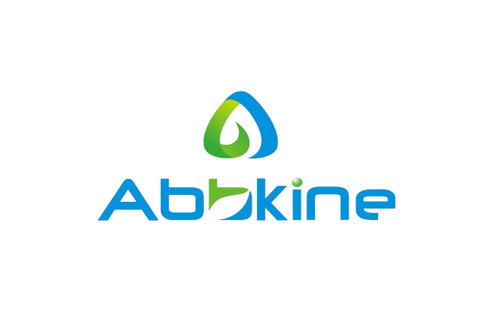Product Description
Human Talin-2 (TLN2) ELISA Kit | AE59638HU | Abebio
Species Reactivity: Human (Homo sapiens)
Abbreviation: TLN2
Alternative Name: DKFZp451B1011; DKFZp686I0976; DKFZp686K0979; ILWEQ; KIAA0320;
Application: ELISA
Range: 0.156-10 ng/mL
Sensitivity: 0.057 ng/mL
Intra-Assay: ≤6.8%
Inter-Assay: ≤11.6%
Recovery: 1, 05
Sample Type: Serum, Plasma, Other biological fluids
Detection Method: Sandwich
Analysis Method : Quantitive
Test Principale: This assay employs a two-site sandwich ELISA to quantitate TLN2 in samples. An antibody specific for TLN2 has been pre-coated onto a microplate. Standards and samples are pipetted into the wells and anyTLN2 present is bound by the immobilized antibody. After removing any unbound substances, a biotin-conjugated antibody specific for TLN2 is added to the wells. After washing, Streptavidin conjugated Horseradish Peroxidase (HRP) is added to the wells. Following a wash to remove any unbound avidin-enzyme reagent, a substrate solution is added to the wells and color develops in proportion to the amount of TLN2 bound in the initial step. The color development is stopped and the intensity of the color is measured.
Product Overview: TLN2 encodes a protein related to talin 1, a cytoskeletal protein that plays a significant role in the assembly of actin filaments and in spreading and migration of various cell types, including fibroblasts and osteoclasts. This protein has a different pattern of expression compared to talin 1 but, like talin 1, is thought to associate with unique transmembrane receptors to form novel linkages between extracellular matrices and the actin cytoskeleton. The deduced 2, 532-amino acid protein contains a FERM domain. In TLN1, the FERM domain binds the cytodomains of beta-1 and beta-3 integrins, as well as to F-actin and other proteins. TLN2 shares 74% identity with TLN1, and the N- and C-terminal regions of TLN2 are highly conserved across species.
Stability: The stability of ELISA kit is determined by the loss rate of activity. The loss rate of this kit is less than 5% within the expiration date under appropriate storage condition. The loss rate was determined by accelerated thermal degradation test. Keep the kit at 37°C for 4 and 7 days, and compare O.D.values of the kit kept at 37°C with that of at recommended temperature. (referring from China Biological Products Standard, which was calculated by the Arrhenius equation. For ELISA kit, 4 days storage at 37°C can be considered as 6 months at 2 - 8°C, which means 7 days at 37°C equaling 12 months at 2 - 8°C) .
 Euro
Euro
 USD
USD
 British Pound
British Pound
 NULL
NULL








